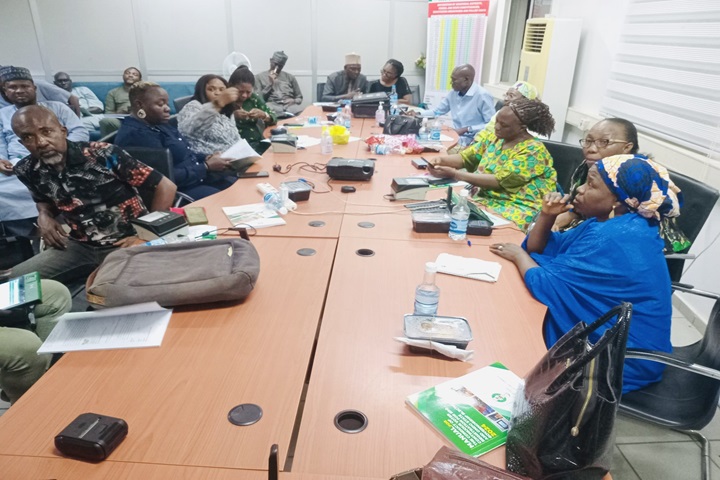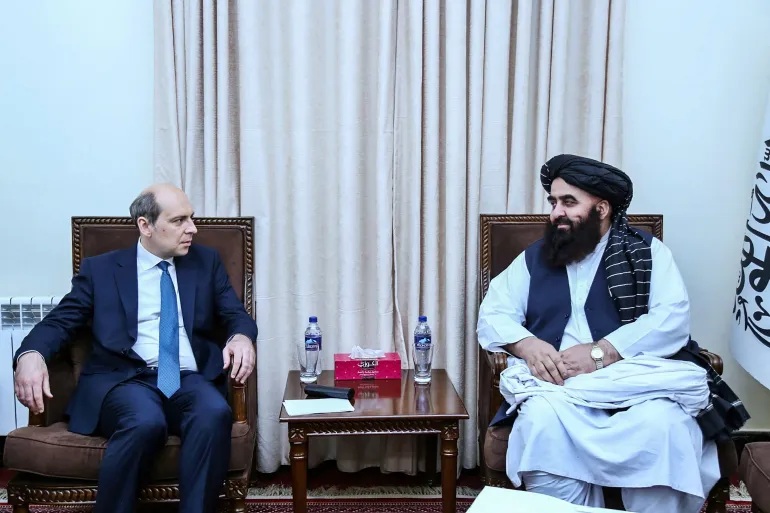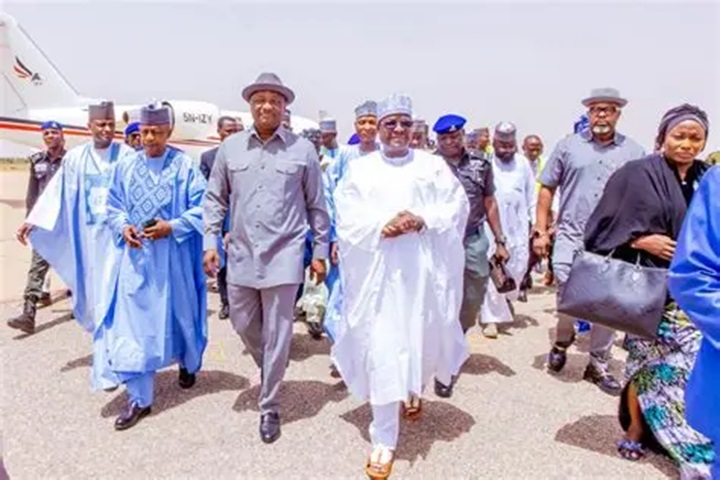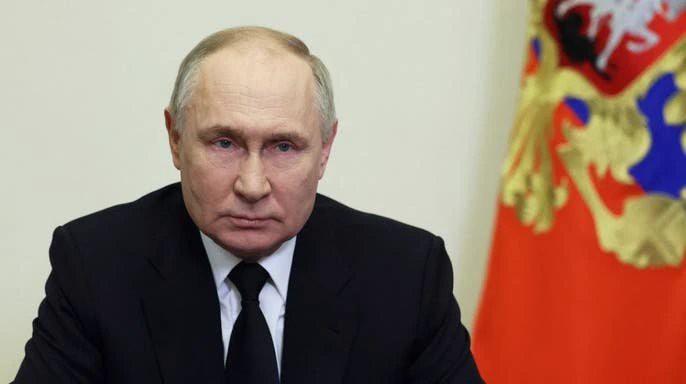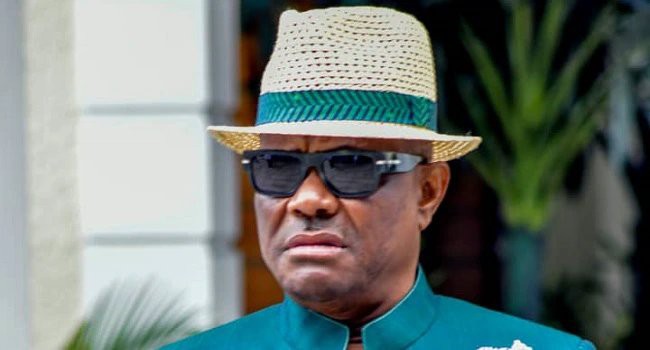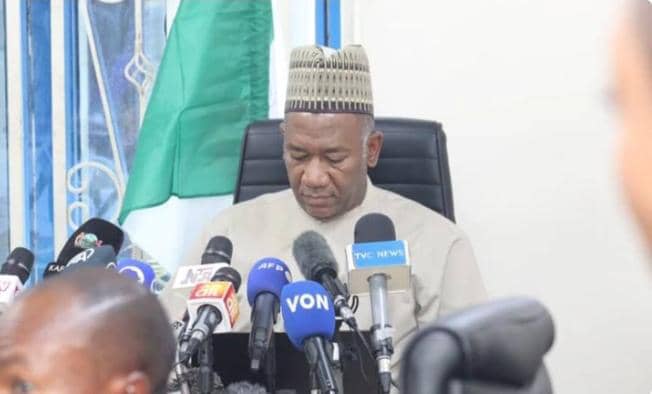Analysis
Freedom is not free: The price of freedom

Human history has consistently been marked by the struggle for freedom, a narrative that Nigeria’s own journey powerfully illustrates. From shaking off the yoke of colonialism to confronting present-day corruption and tyranny, the path to freedom has been arduous and fraught with challenges.
Our forefathers fought for and secured our independence at a great cost, establishing a foundation of constitutional governance. Sadly, this foundation was severely undermined by subsequent military regimes, leading to widespread abuse of power and the erosion of our democratic values.
Yet, in the face of these trials, hope persists. We’ve learned a critical lesson: freedom, while a divine gift, isn’t bestowed freely by governments or enshrined effortlessly in constitutions. It must be fought for, earned through sacrifice, and continuously defended against those who would corrupt its principles for personal gain.

The author, Emmanuel Ihim
The Danger of Complacency
The struggle for freedom is ongoing, transcending the achievements of our forebears at independence. Today, it manifests as a relentless fight against the corruption, injustice, and inequality perpetuated by those who manipulate our constitution and sully our political landscape.
True freedom demands more than passive hope; it requires action, courage, and a steadfast commitment to the truth.
History shows that when citizens disengage, their freedoms can be quietly stripped away. In Nigeria, this risk has become a reality with freedoms surrendered to corrupt “state cabals” who dominate our legislative, executive, and judicial branches, undermining the rule of law and plunging us into a state of servitude.
Our nation battles an overwhelming array of challenges, including poverty, insurgency, and a deteriorating human rights situation, which collectively threaten the stability of our political system and even inspire coups within the region. The illusion that we are free is just that—an illusion, as true freedom demands vigilance and participation.
The saying “Freedom Is Not Free” is profoundly significant in the Nigerian context. It serves as a reminder of the sacrifices that have been made and as a warning against the dangers of complacency.
Throughout history, nations have seen their freedoms eroded when their citizens became disengaged. Today, the threat is no less real. Corrupt “state cabals” have hijacked our legislative, executive, and judiciary branches, undermining the rule of law and forcing us into servitude.
Our nation faces immense challenges: poverty weaponizes the masses, insurgency overwhelms our systems, our human rights records are among the worst in Africa, and our political instability threatens regional stability.
The Power of Freedom
At this critical juncture, Nigeria stands at a crossroads. We face the subtle but dangerous enemy of complacency and the illusion of freedom. True freedom requires vigilance and active participation. It is not a mere facade where democracy fails to reflect the people’s will, or where justice can be bought.
To live in freedom is a deliberate and conscious choice that requires bold and collective efforts. Freedom’s power lies not in the hands of a privileged few but in the collective strength of many who come together to defend it. As we bridge societal divides, we must recognize that preserving freedom is a shared responsibility crucial for our survival.
Living in freedom is a conscious choice that demands a commitment to principles that transcend time and culture. The strength of freedom lies in collective action. When we unite to safeguard our freedoms, our faith, and our constitutional governance, we become a formidable force against tyranny.
A Call to Action
As poet John Milton implored, “Awake or befallen forever.” The choice is upon Nigerians, more particularly, the courageous few, are the vanguard who can inspire the majority to embrace a cause they may hesitate to champion but cannot afford to ignore. Throughout history, it has been the faithful few who have brought about profound change, and Nigerians should not be an exception. Nigerians as other citizens of nations should be galvanized by the Kenyans’ example.
In Kenya, protests over a contentious finance bill continue to rock the capital and other regions, escalating tensions between the government and its citizens. Despite President William Ruto’s assurance that he would not sign the bill—which is blamed for potentially raising the cost of living—after protestors stormed parliament, unrest persists.
Amidst this turmoil, Ruto has called for dialogue and proposed budget cuts in response to demonstrators’ grievances concerning governmental lavishness amidst widespread unemployment and economic hardship.
However, skepticism remains high among the youthful protestors, who question the sincerity of Ruto’s commitments and continue to demand greater accountability and changes in governance.
The courageous populace, inspired by eternal truths, rather than complacency must choose to actively fight for our freedom. The stakes are high, as our actions now will determine the future of our nation and impact generations to come.
As guardians of this precious legacy, we are compelled to reject impunity, reclaim our nation’s integrity, and restore justice. Let us guide Nigeria back to true democracy, justice, and prosperity, reaffirming our belief that freedom is indeed not free.
We must awake and rise to this challenge, as the alternative is to fall forever into the shadows of subjugation and perpetual tutelage of tyrannous state.
Pastor Emmanuel Ihim, Esq., is a minister by calling, an attorney by vocation, and an activist by passion.
Ihim employs a holistic approach in seamlessly integrating legal and political action with moral and ethical advocacy to foster community engagement and grassroots mobilization for sustainable societal change.
He is the President of the Diaspora Alliance, US, and Coordinator of the National Rescue Congress. Contact: +1202-446-7555; nationalrescuecongress@gmail.com
For Diaspora Digital Media Updates click on Whatsapp, or Telegram. For eyewitness accounts/ reports/ articles, write to: citizenreports@diasporadigitalmedia.com. Follow us on X (Fomerly Twitter) or Facebook



